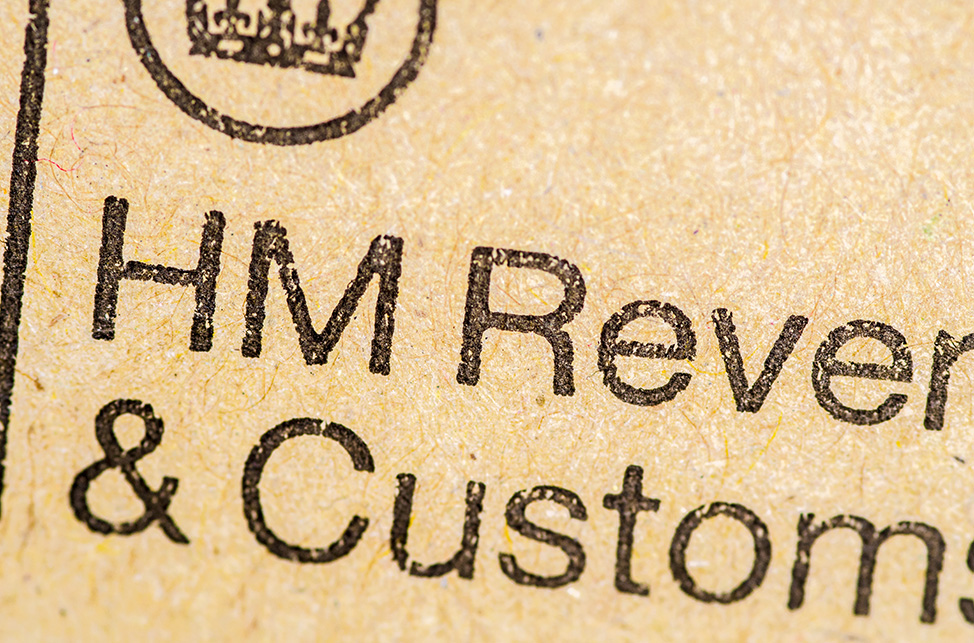What Counts for You
Capital Gains Tax (CGT)

Capital Gains Tax (CGT) can apply when you sell, gift or otherwise dispose of assets such as property, shares or valuable personal possessions. The rules are detailed and change regularly — and mistakes can lead to unnecessary tax bills or HMRC enquiries.
At Lewis & Co, we help you understand when CGT applies, how to calculate potential liabilities, and how to make the most of available reliefs and allowances. Our advice is clear, practical and focused on giving you peace of mind.
When Does Capital Gains Tax Apply?
CGT typically applies when you dispose of:
- Property that isn’t your main home
- Shares and investments
- Business assets
- Valuable personal possessions
Not all disposals create a tax charge, but where they do, accurate reporting is essential.
How We Can Help
- Estimate potential liabilities
Calculating likely gains and tax before you sell or transfer assets. - Timely reporting
Preparing and filing returns within HMRC deadlines (including the 60-day report for UK residential property disposals). - Reliefs and exemptions
Maximising the Annual Exempt Amount and advising on reliefs such as Principal Private Residence Relief (PPR) and Business Asset Disposal Relief (BADR). - Practical tax planning
Structuring disposals and timings as part of your wider financial plan to manage CGT efficiently.
Why This Matters
CGT isn’t always straightforward. With changing rules and tight deadlines, it’s easy to make costly mistakes. Working with Lewis & Co helps you stay compliant, avoid unexpected liabilities and make the most of opportunities to reduce your tax bill.
Why Choose Lewis & Co?
We explain the rules in plain English, give timely advice and help you plan with confidence. Whether you’re selling a property, transferring investments or looking ahead to future disposals, we’ll make sure your CGT position is handled properly.
Book a call with us today and find out how we can help you with Capital Gains Tax. Contact us.